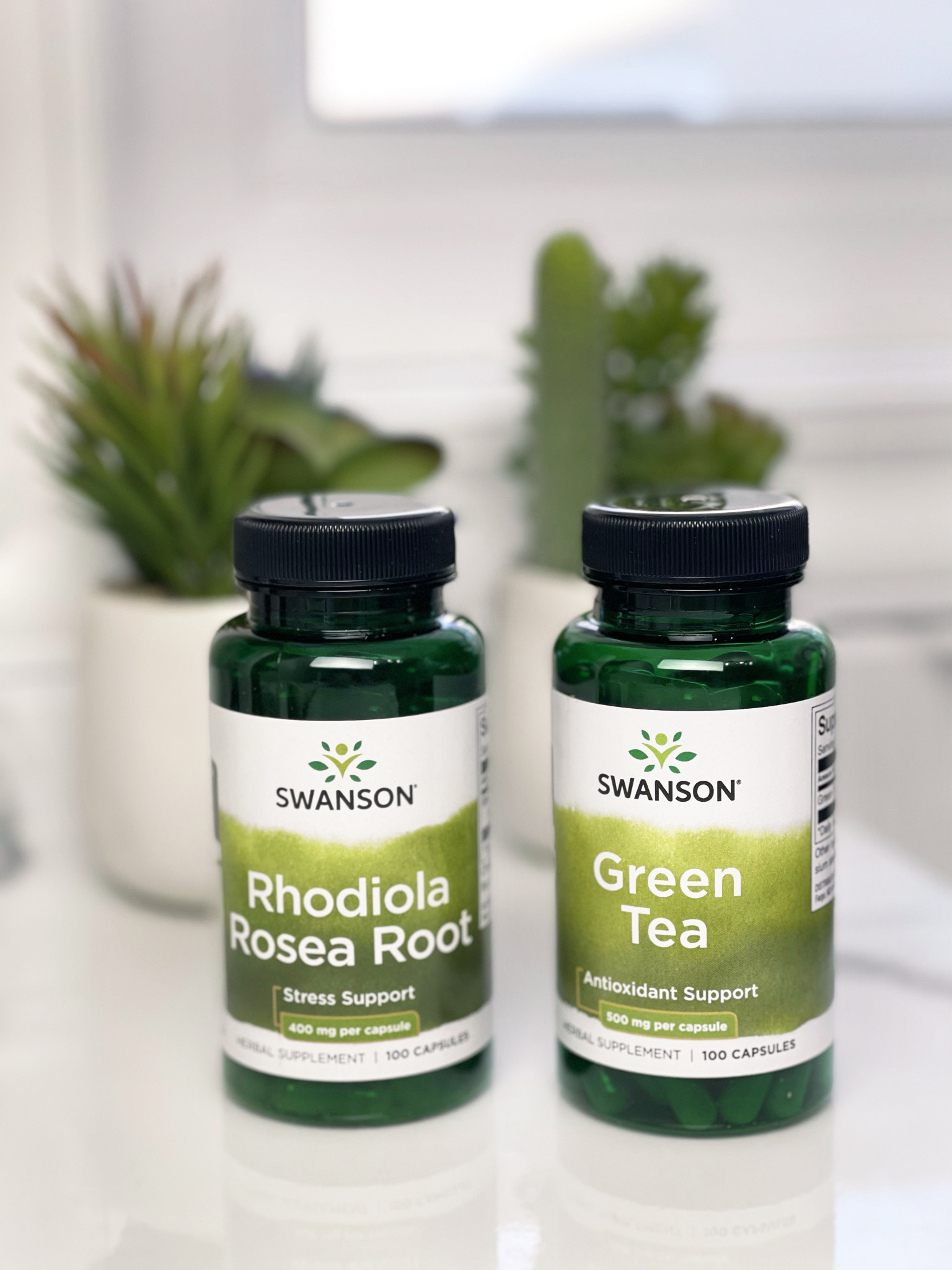What is Ashwagandha: History, Benefits & Uses
Ashwagandha is a primary herb in Ayurveda, the traditional health system native to India.1 It has traditionally been used for promoting health and longevity, revitalizing the body, supporting sleep and generally creating a sense of wellbeing.
What is Ashwagandha?
In the most basic terms, this revered herb is a humble evergreen shrub valued for its many wellness applications, including as a source of antioxidants which may support healthy aging.3
Native to India and northern Africa, ashwagandha is sometimes called Indian ginseng, but this may cause confusion. Ashwagandha shares no similarity, for example, with panax (Korean) ginseng or American ginseng. Although they share a name, ashwagandha is quite distinct from these other plants.4
Ashwagandha is classified as an adaptogen.3 The term adaptogen refers to the chemical properties found in some plants and fungi which are generally believed to help the body deal with stress or fatigue.5 Ideally, an adaptogen must help promote a healthy stress response, be safe, must exhibit stimulating or relaxing effects, must not upset any bodily functions and must be devoid of negative effects such as withdrawal symptoms. Unlike other popular adaptogens, ashwagandha tends to have relaxing, rather than stimulating, effects.
A History of Ashwagandha
Ashwagandha has been used in Ayurvedic practices for thousands of years across the Indian subcontinent and in north Africa as a tonic for almost everything from resisting the negative effects of stress on the body to promoting cognitive function.2 It is believed that the name is derived from the ancient Sanskrit word for horse (ashwa), as the roots of the plant are said to smell similar to horses. While that may be, today researchers and scientists have become increasingly interested in studying the adaptogenic and cognitive health benefits offered by the classic herb and its odorous roots.3
 Benefits of Ashwagandha
Benefits of Ashwagandha
The most popular use for ashwagandha is for helping to ease the effects of daily stress. Stress is commonly recognized as a leading cause of physical discomfort, accounting for reduced productivity and many lost working days each year. Stress can affect health directly, through autonomic and neuroendocrine responses,6 but also indirectly, through changes to health behaviors. As an adaptogen, ashwagandha may help ease the physiological, cognitive and psychological effects of stress.
Additionally, because the immune system receives signals from the brain and nervous system, stress may play an indirect role in the body’s immune function. While short-term stress can be protective as it prepares the organism to deal with challenges, long-term stress suppresses or dysregulates innate and adaptive immune responses.
Among the health benefits most commonly attributed to ashwagandha are:
-
Ashwagandha for Heart Health
Ashwagandha is often used to benefit cardiovascular health due to its antioxidant properties and potential to support a healthy glucose response.7
-
Ashwagandha for Cognitive Health
As an adaptogen, ashwagandha is believed to promote a sense of calm and to help the body deal with stress in a healthy way. Some herbalists also use ashwagandha to help promote better memory function.
-
Ashwagandha for Hormonal Support
Ashwagandha has been studied for its potential hormonal benefits for both men and women, albeit in slightly different ways.
How to Take Ashwagandha
If you’re considering adding ashwagandha to your health regimen, you’ll be glad to know that there are quite a few supplement options available.
- Capsules. Capsules are easy to swallow and may contain ashwagandha only, or may also contain additional ingredients to aid absorption, such as black pepper. This form can be taken with a glass of water or your preferred beverage and is perfect for anyone needing a quick and easy boost to their day.
- Ashwagandha gummies are convenient and offer all the benefits in a fun and tasty formula that’s perfect for when you need a lift on the go.
- Ashwagandha with CBD hemp extract. This particular formula is often taken by those looking for a natural calming effect. It can be taken as part of a daily or nightly relaxation regimen.
- Ashwagandha tea. Caffeine-free and certified organic, this tea is sure to become the best part of your end-of-day routine. Simply steep a pot or pour yourself a soothing cup for a peaceful and relaxing break or perhaps as part of your nightly routine.
Ashwagandha has a long and exciting history of use by a number of cultures around the world. It offers so many benefits and comes in so many forms, the only real question is, how will you put the power of this celebrated herb to work for you?
You be well, now.
Swanson
*These statements have not been evaluated by the Food and Drug Administration. These products are not intended to diagnose, treat, cure, or prevent any disease.
Sources
1. Ayurveda. Johns Hopkins Medicine. Read source
2. Ashwagandha Overview. African Journal of Traditional, Complementary, and Alternative Medicines. Read source
3. An Overview on Ashwagandha. National Library of Medicine. Read source
4. Winter Cherry. University of Washington. Read source
5. Adaptogens. Cleveland Clinic. Read source
6. Stress and Health: A Review of Psychobiological Processes. Annual Review of Psychology. Read source
7. Ashwagandha. National Institutes of Health. Read source




